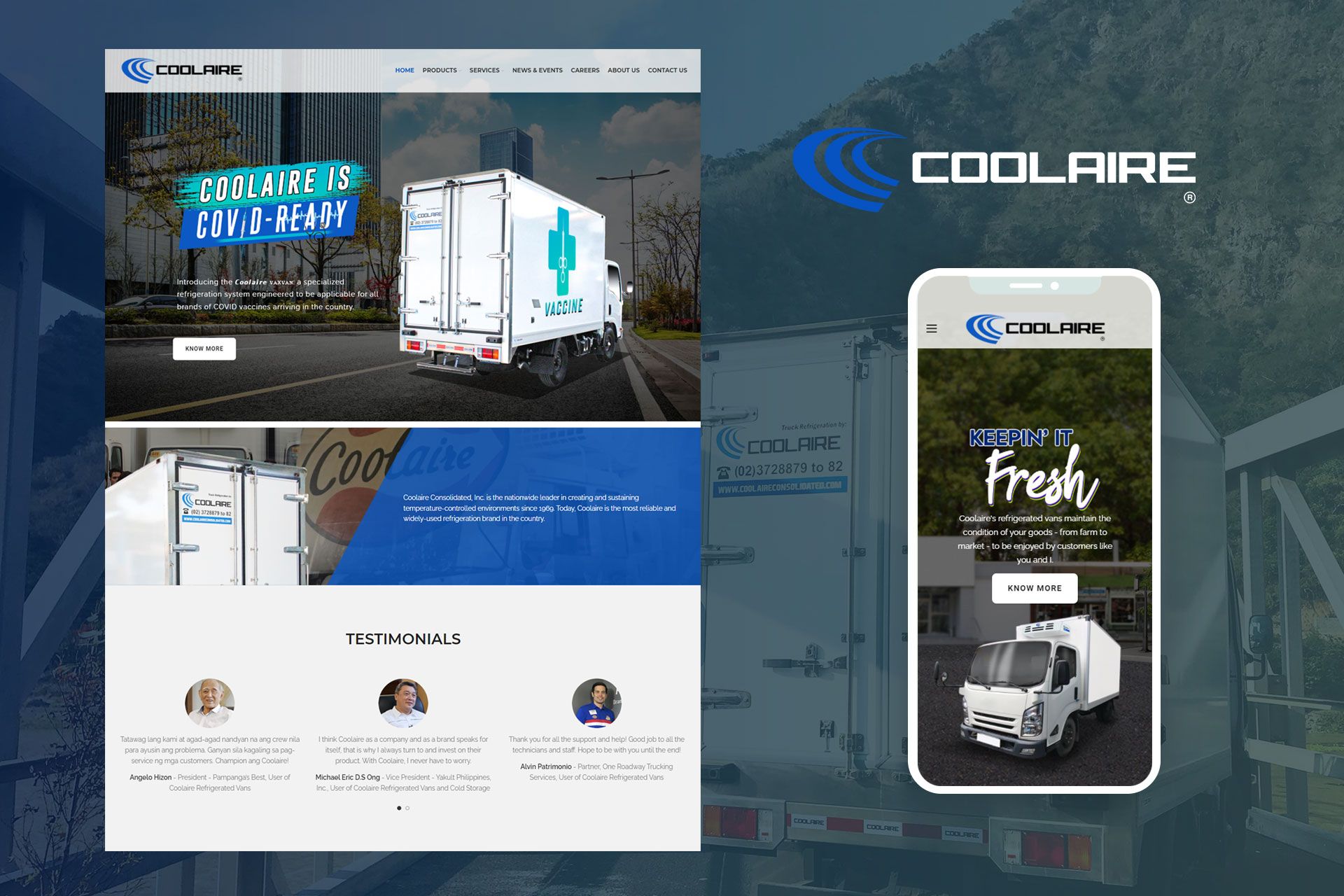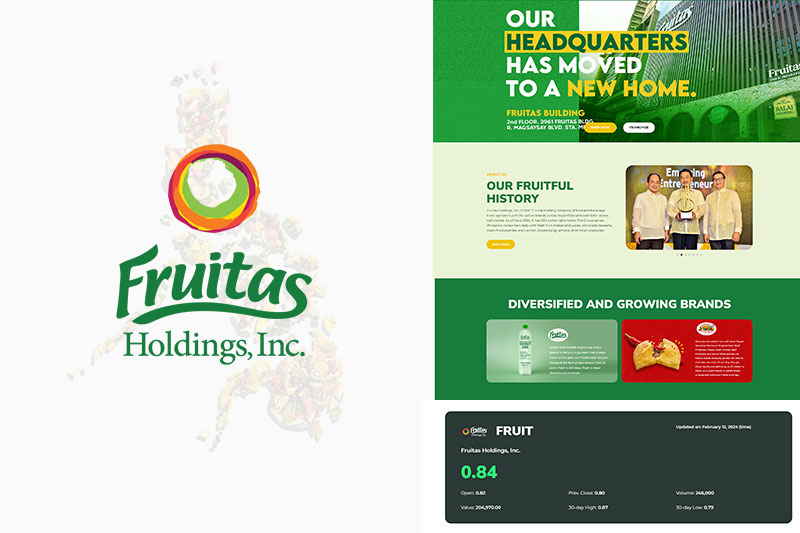Businesses are constantly adapting to new ways of reaching and engaging with their target audience, particularly with the internet becoming an integral part of our daily lives. One such strategy that has gained immense popularity is digital marketing. But what exactly is digital marketing? In this comprehensive guide, we will explore the ins and outs of digital marketing, its components, and how it can benefit businesses of all sizes.

Table of Contents
- What is Digital Marketing?
- Components of Digital Marketing
- Benefits of Digital Marketing
- Drawbacks of Digital Marketing
What is Digital Marketing?
Digital marketing refers to the promotion of products or services using various digital channels and technologies. Unlike traditional marketing methods, digital marketing leverages online platforms such as search engines, social media, email, websites, and paid ads to connect with potential customers. Its key objective is to increase brand visibility, drive traffic, generate leads, and ultimately convert those leads into sales.
Components of Digital Marketing
● Search Engine Optimization (SEO)
SEO involves optimizing a website’s content and structure to improve its visibility on search engine result pages. By improving organic search rankings, businesses can attract more visitors and boost their chances of conversion.
● Search Engine Marketing (SEM)
SEM involves paid advertising on search engines. It includes PPC or pay-per-click ad campaigns, where businesses bid on keywords and pay when users click on their ads. SEM allows for immediate visibility on search engines and can complement SEO efforts.
● Social Media Marketing
Social media platforms have become powerful marketing channels. Businesses utilize platforms like Facebook, Instagram, Twitter, and LinkedIn to create engaging content, build a community, and promote their products or services. Social media marketing helps in brand awareness, customer engagement, and lead generation.
Related: How Social Media is Reshaping Our Business
● Content Marketing
Content is king in digital marketing. Content marketing involves creating and distributing valuable, relevant, and consistent content to attract and retain a target audience. This can be achieved through blog posts, articles, videos, infographics, and more. Effective content marketing establishes businesses as industry experts and builds trust among consumers.
● Email Marketing
Email marketing enables businesses to communicate directly with their audience through personalized messages. It is an effective tool for nurturing leads, promoting products, announcing offers, and building customer loyalty. Email marketing campaigns can be automated, ensuring timely and relevant interactions.
Related: 9 Benefits of Email Marketing That Every Marketer Shouldn’t Ignore
● Influencer Marketing
Influencer marketing leverages the popularity and credibility of influential individuals or celebrities on social media. Partnering with influencers who align with your brand can help businesses reach a wider audience and gain credibility through endorsements and recommendations.
Benefits of Digital Marketing
1. Increased Reach
Digital marketing breaks geographical barriers, allowing businesses to reach a global audience. With the right strategies, even small businesses can compete with larger corporations.
2. Targeted Marketing
It enables businesses to target specific demographics, interests, and behaviors. This ensures that marketing efforts are focused on individuals who are more likely to convert, resulting in higher return on investment (ROI).
3. Measurable Results
Unlike traditional marketing, digital marketing provides detailed analytics and metrics. Businesses can track and measure the effectiveness of their campaigns in real-time, allowing them to make data-driven decisions and optimize their strategies accordingly.
4. Cost-Effectiveness
Compared to traditional marketing platforms, digital marketing can be more cost-effective. With careful planning and targeting, businesses can achieve better results with a smaller budget.
Related: Digital Marketing vs. Traditional Marketing: Know Their Pros and Cons
5. Increased Customer Engagement and Interaction
Digital marketing fosters two-way communication between businesses and their customers. Social media platforms, blogs, and online communities provide channels for meaningful interactions, feedback, and conversations. Businesses can engage directly with their customers, respond to queries, address concerns, and build lasting relationships. This engagement builds brand loyalty and can lead to positive word-of-mouth referrals.
6. Flexibility and Adaptability
It allows businesses to quickly adapt their strategies based on real-time data and market trends. Campaigns can be modified, content can be updated, and new tactics can be implemented without significant time and resources. This flexibility enables businesses to stay agile and responsive, ensuring they remain competitive in a rapidly evolving digital landscape.
Drawbacks of Digital Marketing
1. Increased Competition
As more businesses invest in digital marketing, competition for online visibility and customer attention intensifies. This can make it challenging for businesses to stand out and reach their target audience effectively. The need for unique and compelling content becomes crucial to cut through the noise and differentiate oneself from competitors.
2. Constantly Evolving Landscape
The digital marketing landscape is ever-changing, with new technologies, platforms, algorithms, and consumer behaviors emerging regularly. The rapid pace of change requires businesses to stay up-to-date and adapt their strategies accordingly. Failing to keep up with the latest trends and best practices can result in missed opportunities and decreased effectiveness.
3. Technical Expertise and Resource Requirements
Implementing digital marketing strategies often requires technical expertise and resources. Businesses need to invest in skilled professionals or digital marketing agencies to develop and execute effective campaigns. Additionally, they may need to allocate budgets for tools, software, advertising, and ongoing training to stay competitive.
4. Data Privacy and Security Concerns
As digital marketing relies on collecting and analyzing user data, businesses must handle customer information ethically and responsibly. Privacy concerns and data breaches can damage a brand’s reputation and erode consumer trust. Compliance with data protection regulations, such as the General Data Protection Regulation (GDPR), is essential to maintain customer confidence.
5. Ad Blocking and Ad Fatigue
Consumers are increasingly using ad-blocking software or simply ignoring ads altogether. Ad fatigue can occur when individuals are bombarded with excessive or irrelevant advertisements, leading to decreased engagement and effectiveness of digital marketing efforts. Businesses need to ensure their ads are well-targeted, non-intrusive, and provide value to the user to overcome these challenges.
Do you need help with the digital marketing services of your business? Contact us today and we’ll be glad to help you.


 Shopify Website Design
Shopify Website Design  Small Business Marketing
Small Business Marketing 




